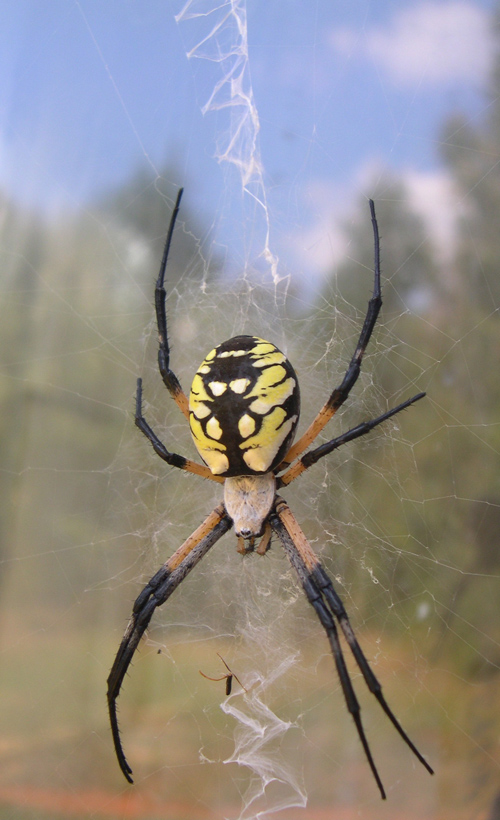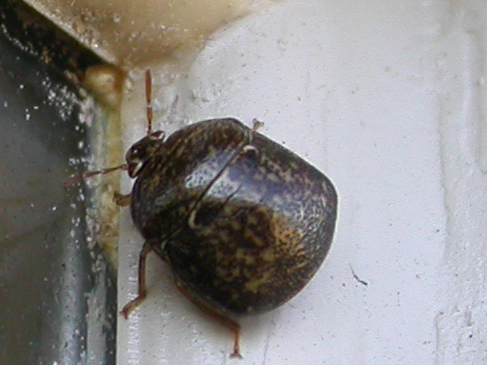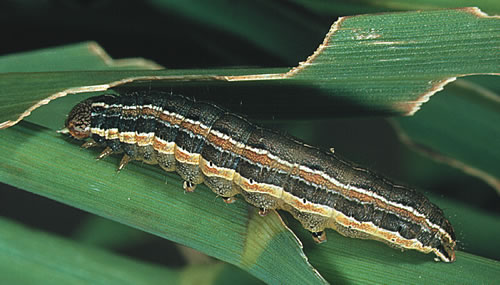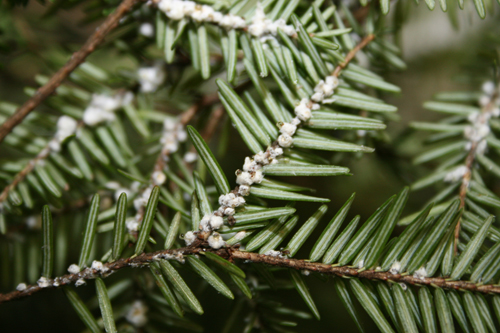 CAES News
CAES News
Fall spiders
Whether you are an arachnophobe, or you just don’t like the creepy feeling of walking face first into a spider web, most people cringe when they see a spider. A University of Georgia expert says most spiders are actually helpful to keep around.


.jpg)

